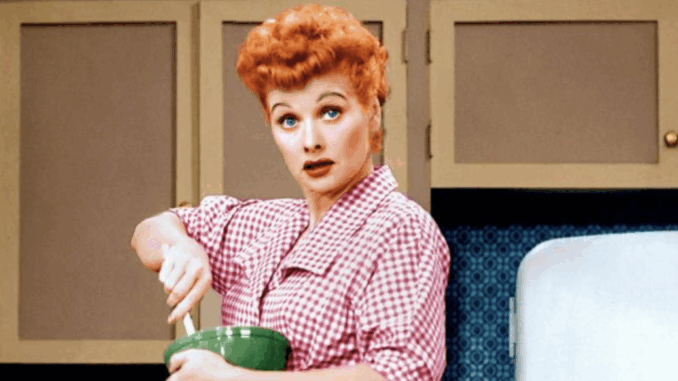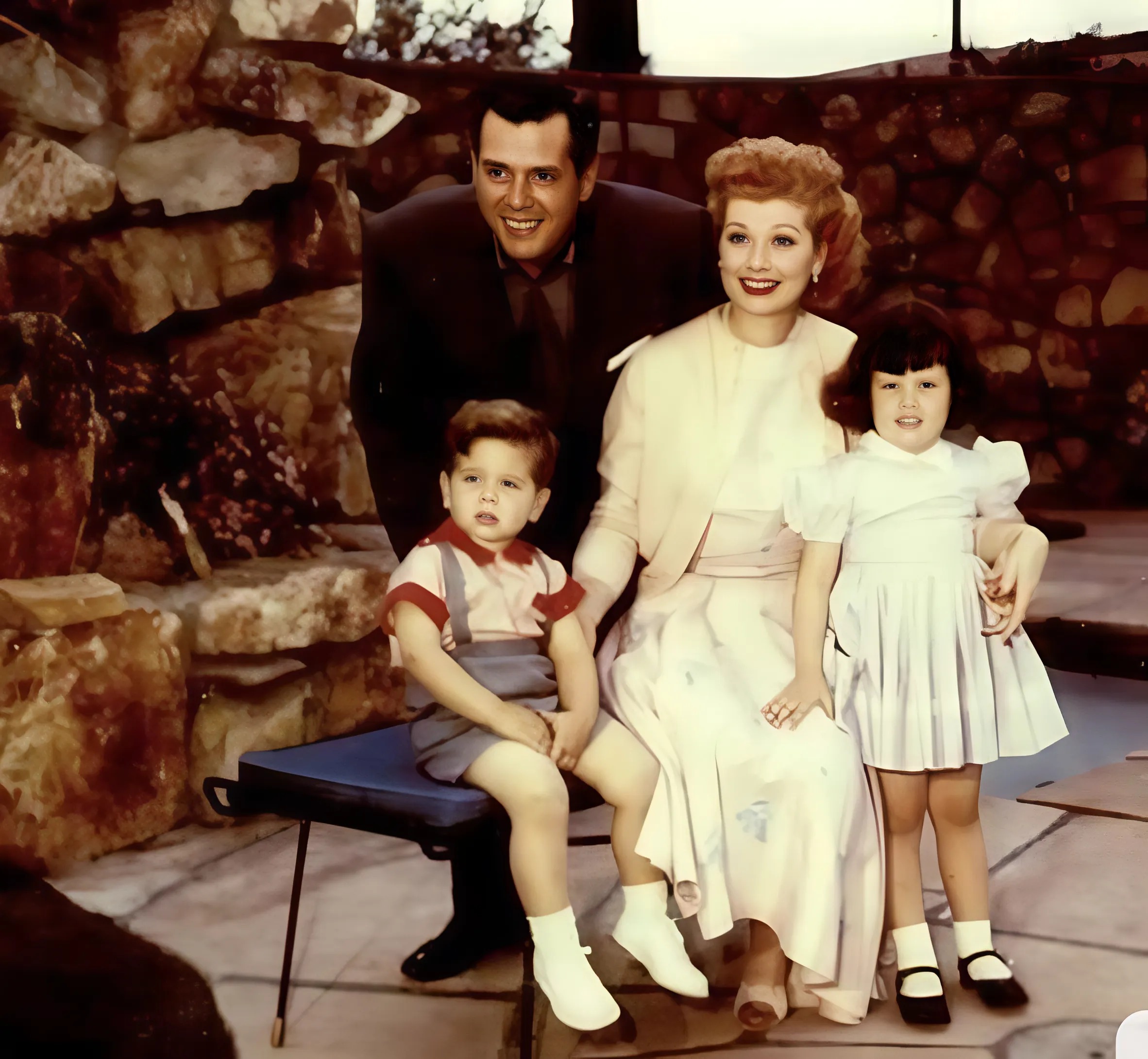
“I Love Lucy” wasn’t just a popular show; it was a seismic event that fundamentally reshaped the landscape of television as we know it today. Its innovative techniques and groundbreaking approach laid the foundation for virtually every modern sitcom, making its impact immeasurable. Prepare to be amazed by the revolutionary legacy of this iconic series!
One of the most significant ways “I Love Lucy” broke new ground was its pioneering use of the multi-camera setup filmed live before a studio audience. Before Lucy and Ricky’s antics graced the small screen, most television programs were filmed using a single camera, often resulting in a more theatrical and less dynamic feel. Desi Arnaz, with his understanding of live performance from his musical background, championed the idea of filming with three cameras simultaneously in front of a live audience.
This revolutionary approach brought an unprecedented energy and spontaneity to the sitcom format. The live audience’s genuine reactions – their laughter, gasps, and applause – became an integral part of the show’s charm and created a more engaging and immersive viewing experience for those watching at home. This multi-camera, live audience model became the gold standard for sitcoms and is still widely used today in beloved shows ranging from “Seinfeld” and “Friends” to “The Big Bang Theory” and countless others.
Beyond its technical innovations, “I Love Lucy” also shattered societal norms by placing a woman at the helm of the show, both on and off-screen. Lucille Ball wasn’t just the hilarious star; she was a powerhouse producer. Together with Desi Arnaz, she formed Desilu Productions, wielding significant creative and business control over the series.
In an era when women were often relegated to more traditional roles in the entertainment industry, Lucille Ball was a force to be reckoned with. Her sharp comedic instincts, combined with her savvy business acumen, made her a trailblazer. She proved that a woman could not only lead a successful television show but also be a driving force behind its production, paving the way for future generations of female actors and producers in Hollywood.

“I Love Lucy” demonstrated the immense power and popularity of a sitcom centered around a strong, comedic female lead. Lucy Ricardo’s ambition, her often-misguided schemes, and her undeniable charm resonated deeply with audiences, proving that women’s stories and humor could be incredibly successful and universally appealing.
In essence, “I Love Lucy” didn’t just entertain; it innovated. Its technical advancements in filming and its progressive stance on female leadership irrevocably changed the course of television history, laying the groundwork for the sitcoms we know and love today. Without Lucy and Ricky, the television landscape would undoubtedly look very different.